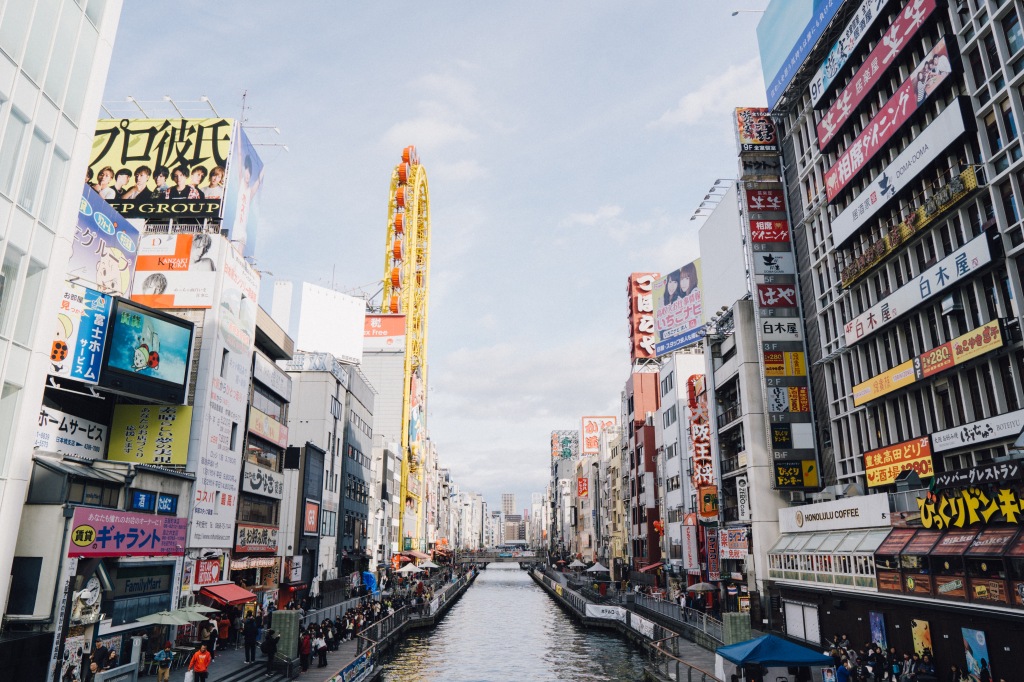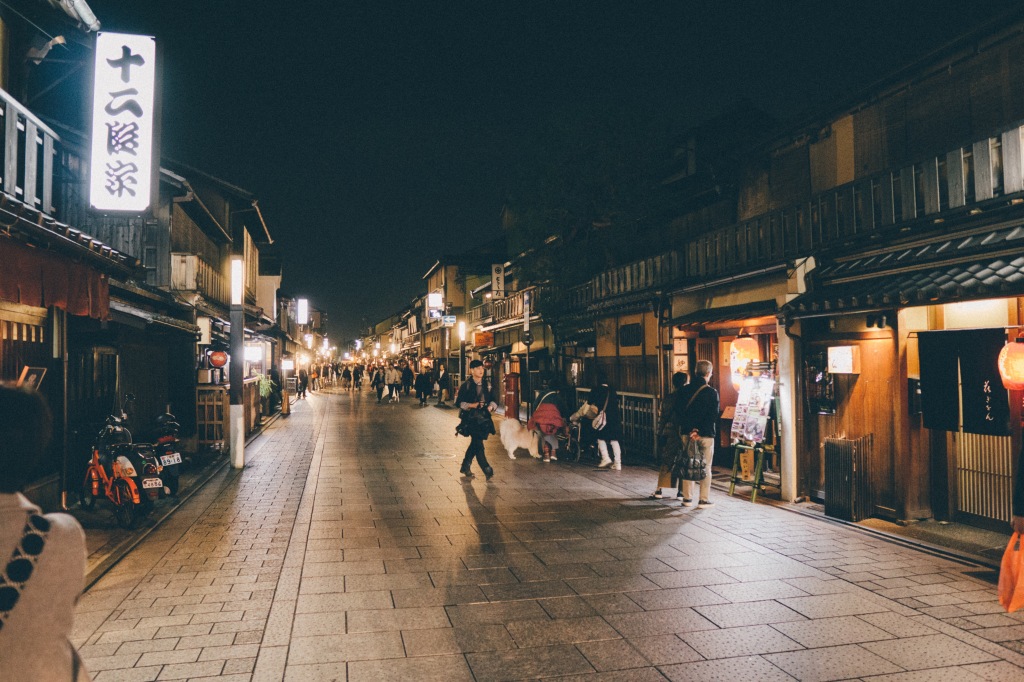
NGTC: Technology in a Global Environment
Analyzing restrictions in speech in other countries, and how it is applied to American media platforms
Purpose and Goals
Goals
The purpose of this research is to highlight a current issue in technology, and the law. This research is focused on how American social media companies respond to government requests to remove content internationally. As government requests to remove content are often related to speech that is critical of the government, what responsibility, if any, do media companies have to uphold free speech?

Global Users
How many users
2.9 Billion
0.4 Billion
1.3 Billion
5.6 Billion
*Google data is searches per day

What is going on and why it matters?
Social media platforms are a great way to connect and spread information, and respecting and adhering to local law is important. But there is a fear that adhering to local law allows corporations to prioritize profits by complying to government content restriction orders over the speech of people internationally. In the United States we enjoy a media landscape that is largely unregulated by the government, and because of this media companies permit users to post content many consider disrespectful or offensive. Going forward, as the world becomes increasingly connected there is uncertainty as to how media companies will regulate speech when under pressure from international governments.
Should American media companies have a standard model of content restrictions world wide?
Restrictions in Action
Country Specific Examples
- United KingdomContent Restrictions: A British law titled Public Order 1986, prohibits hate speech directed at certain protected classes even by private citizens In 2014, British man Jake Newsome was jailed after posing on social media that he was “glad” a recentlyContinue reading “United Kingdom”
- IndiaContent Restrictions: Indian Central Government ordered Facebook, Twitter and Instagram to remove dozens of social media posts, and hashtags that were critical of the central government, and many of the social media companies complied The posts, with messages calling the PrimeContinue reading “India”
- ThailandContent Restrictions: In 2016, after the King Bhumibol Adulyade of Thailand died, the Thai Government ordered Google to remove over 100 articles critical of the monarchy Google complied, stating that adhering to local law justified the removal of the postsContinue reading “Thailand”